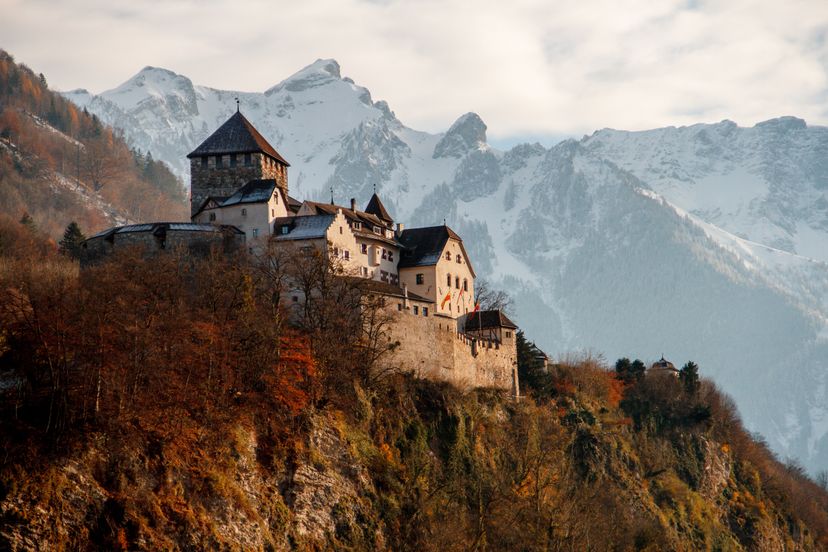Liechtenstein’s transportation networks consist of railway connections, road infrastructure, and cargo shipping options. These networks play a crucial role in supporting the nation’s economy, facilitating trade, and connecting Liechtenstein to the rest of Europe.
In this section, we will explore the various transportation networks available in Liechtenstein.
Railway Connections
Liechtenstein has a small railway line connecting Buchs in Switzerland and Feldkirch in Austria, which passes through the principality. This railway is primarily used for international services between Austria and Switzerland, providing Liechtenstein with vital connections to its neighbors and the broader European rail network.
The railway line is a key part of Liechtenstein’s infrastructure, allowing for easy access to the railway line.
Road Infrastructure
The road infrastructure in Liechtenstein comprises 380 kilometers (236 miles) of paved highways. In addition to its highways, Liechtenstein has a network of local roads that connect the country’s towns and villages, ensuring that residents can easily travel throughout the nation by car or public transportation.
This network of roads provides Liechtensteiners with a reliable and efficient means of transportation.
Cargo Shipping
Liechtenstein has a small cargo shipping fleet, which plays a crucial role in the country’s economy. The country has access to numerous international shipping companies, such as ShipNEX, Barrington Freight, FedEx, UPS, and DHL, as well as courier services like Directlink and Easyship, ensuring that goods can be efficiently transported to and from Liechtenstein.
These services provide Liechtenstein with a reliable and efficient way to transport goods, allowing them to travel safely.
